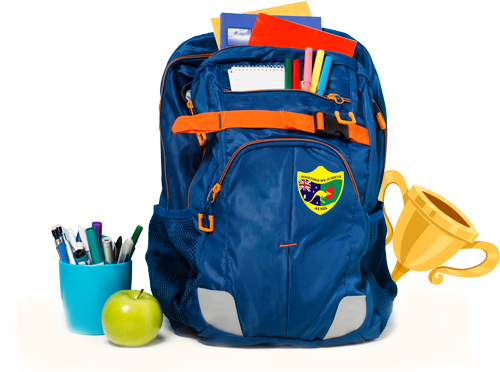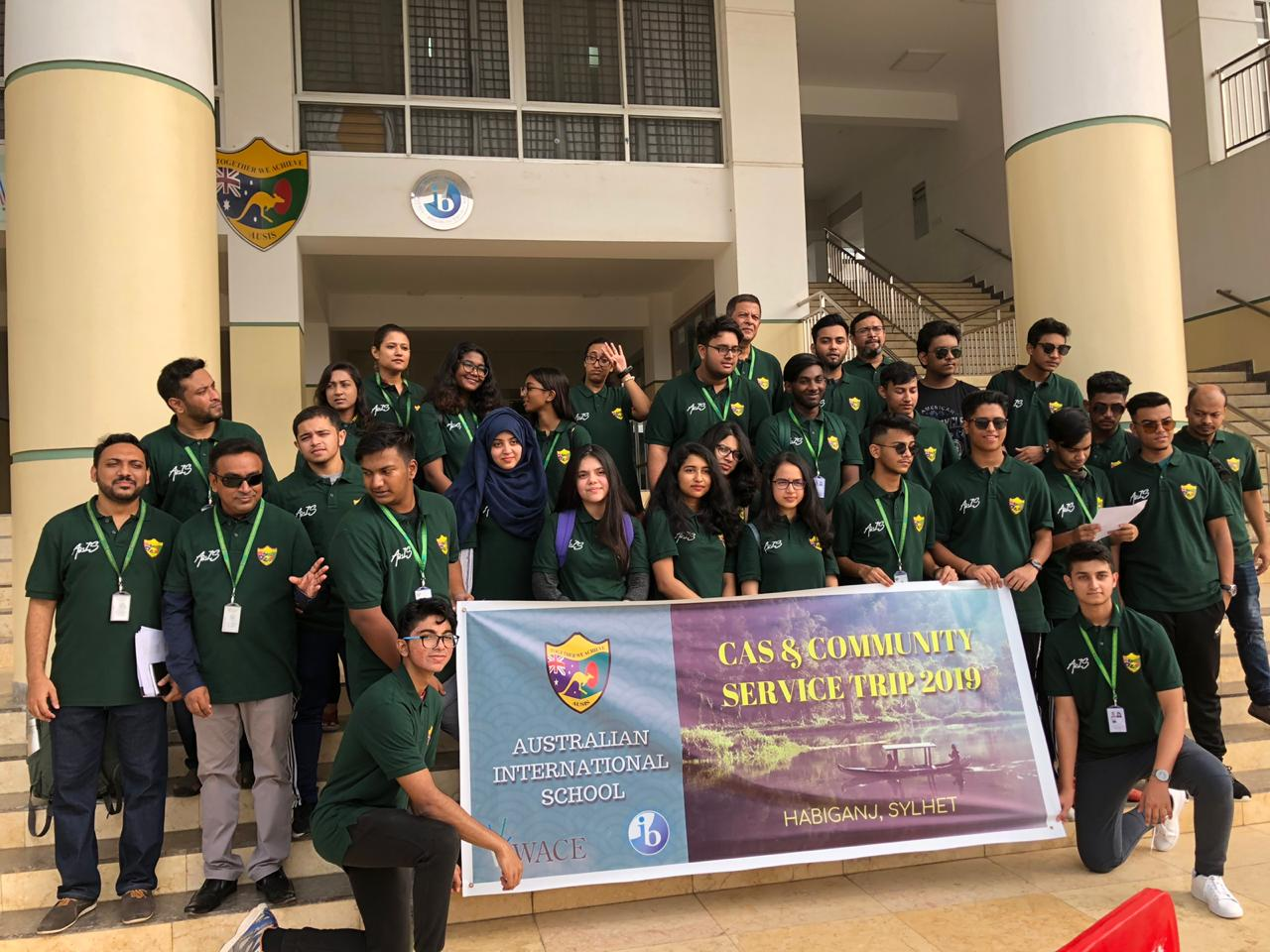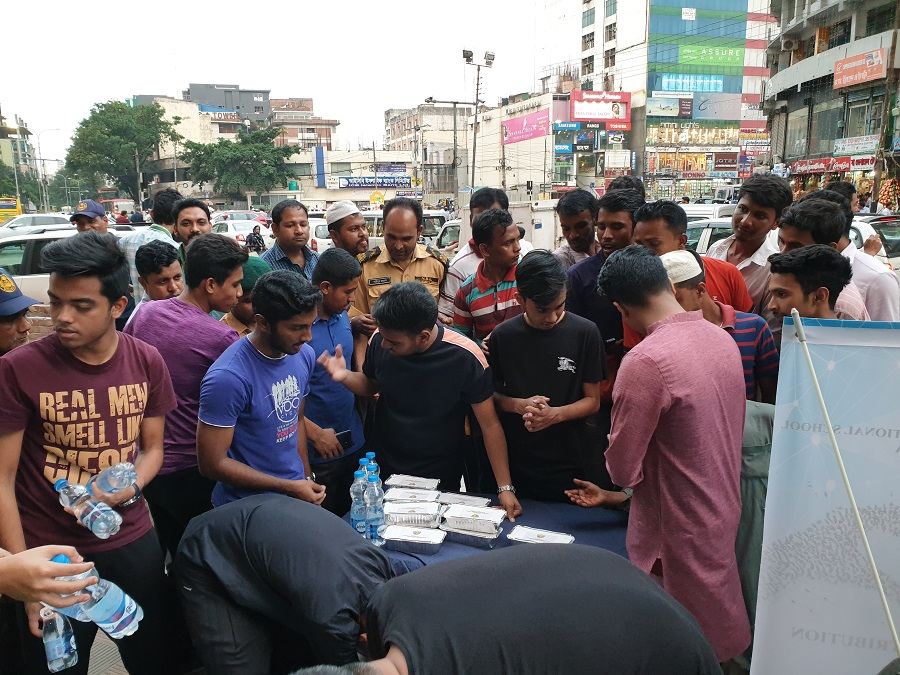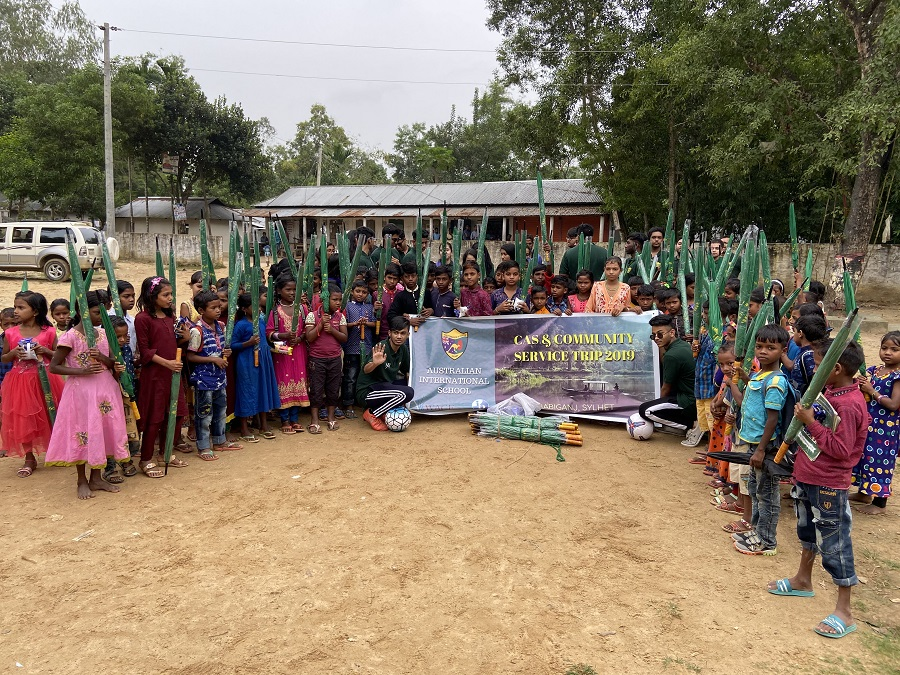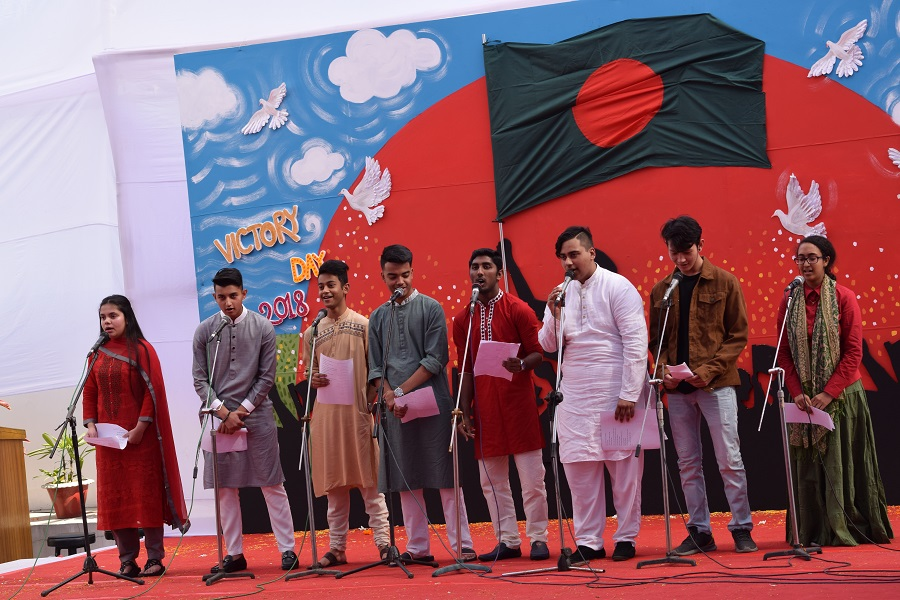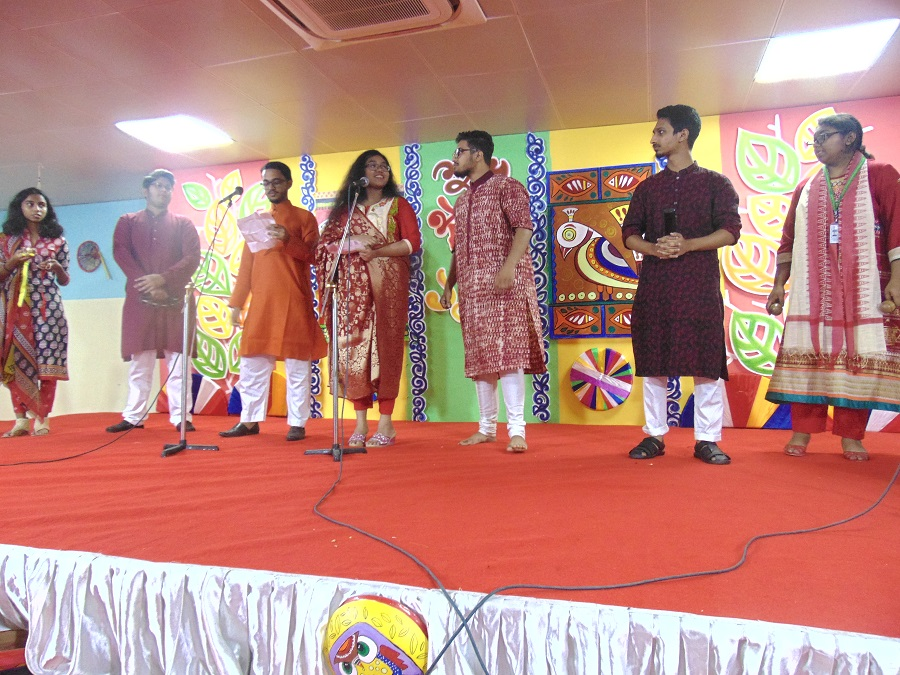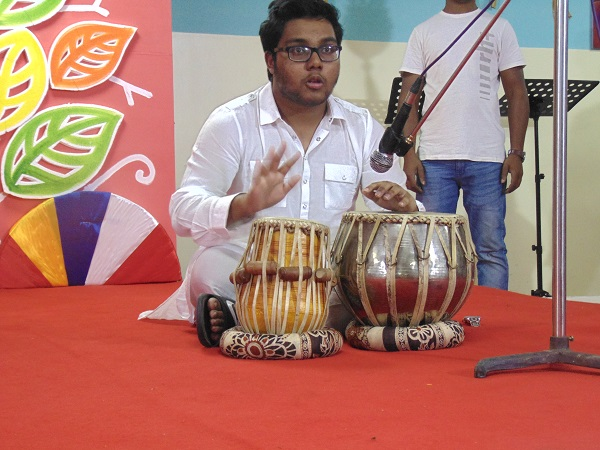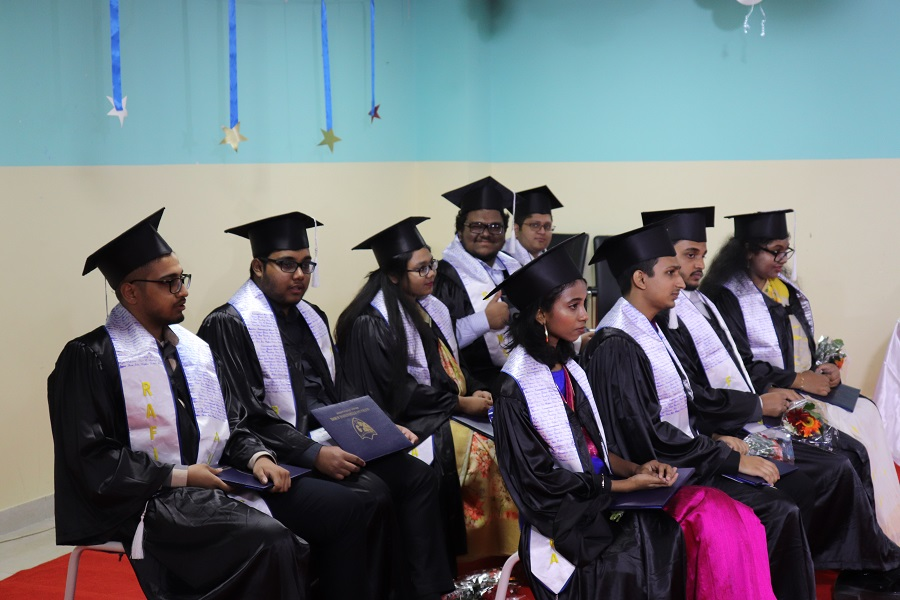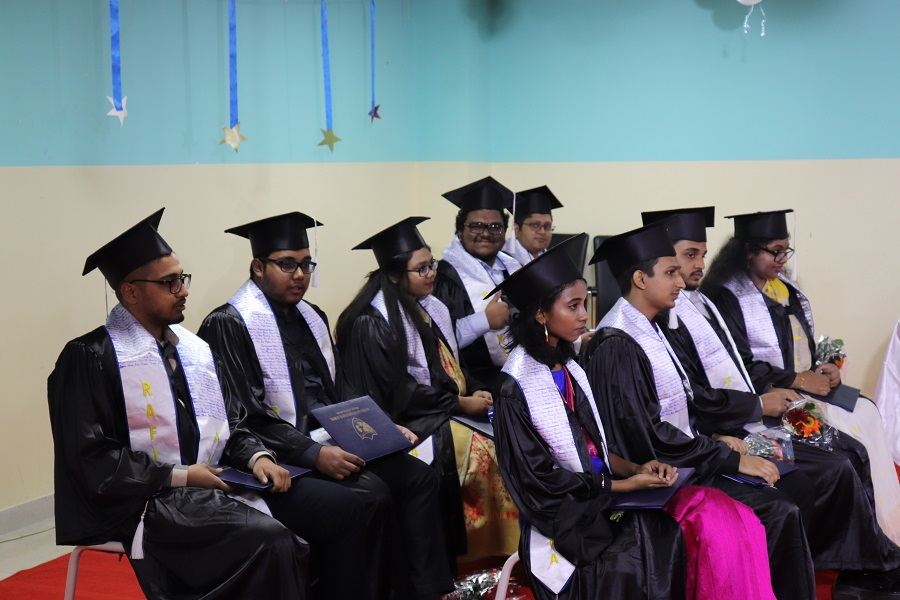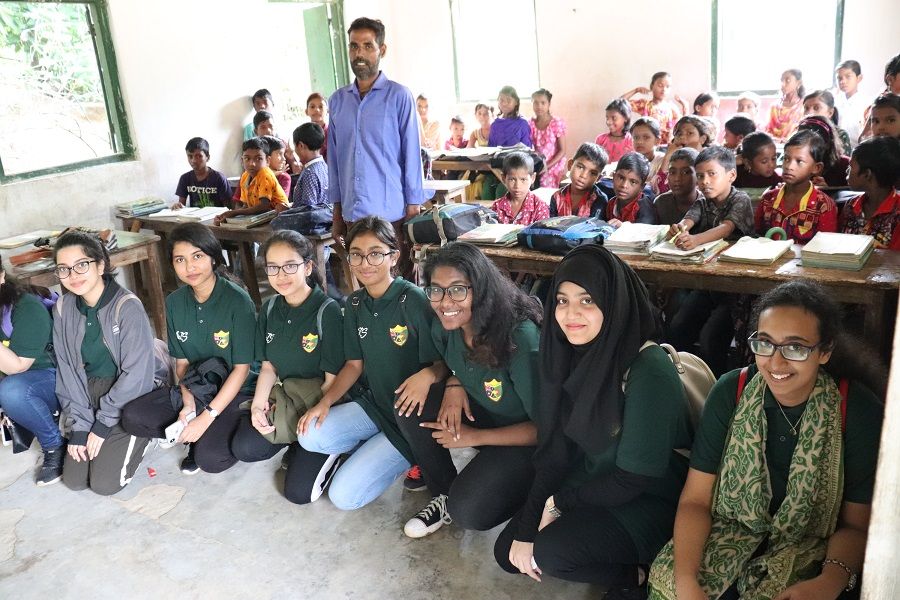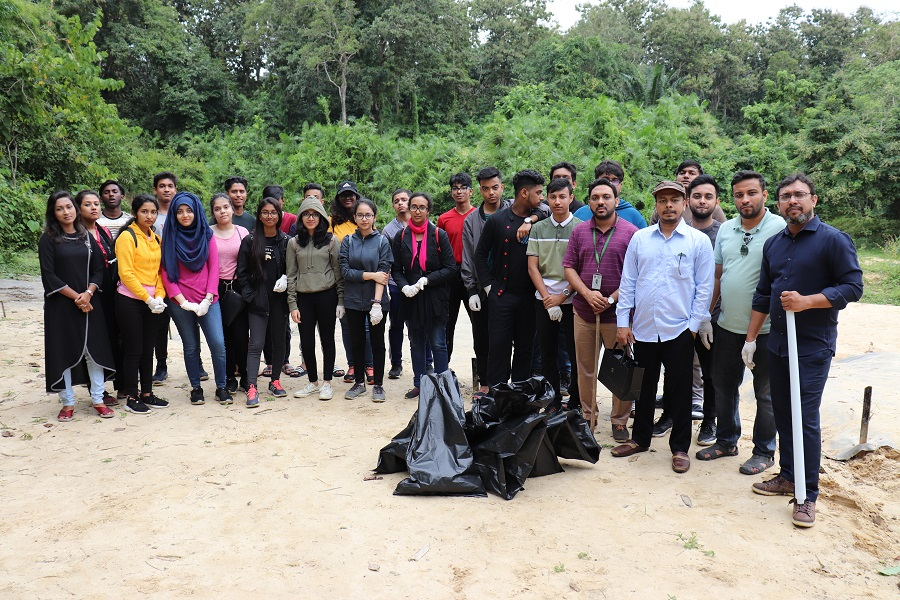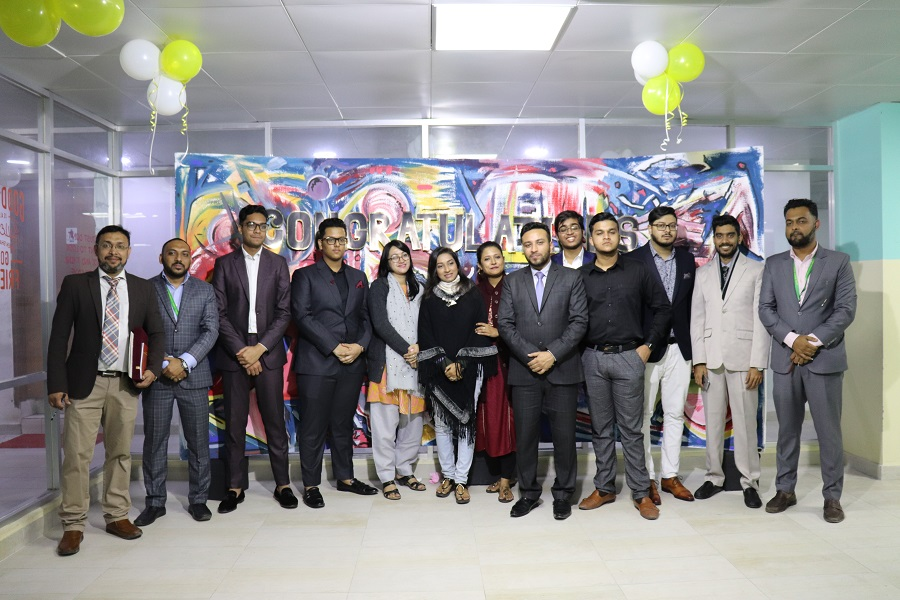
International Baccalaureate (IB) Programme
Mission of IB
The International Baccalaureate aims to develop inquiring, knowledgeable and caring young people who help to create a better and more peaceful world through intercultural understanding and respect.
These programmes encourage students across the world to become active, compassionate and lifelong learners who understand that other people, with their differences, can also be right.
Progressive trends in Teaching System
- Critical Analysis
- Student Choice
- Constructivism
- Child-centred
- Range of Skill Testing
- Transdisciplinarity
- Education of the whole chil
- Criterion-referenced
- AV and AL (languages)
- Open plan rooms
- Multiple perspective
- Mission of IB
- Progressive trends in Teaching System
- On 7 May 2020, there were 7,002 programmes being offered worldwide, across 5,284 schools in 158 countries.
THE DP CURRICULUM
The Diploma Programme (DP) curriculum is made up of six subject groups and the DP core, comprising theory of knowledge (TOK), creativity, activity, service (CAS) and the extended essay.
Through the Diploma Programme (DP) core, students reflect on the nature of knowledge, complete independent research and undertake a project that often involves community service.
The Diploma Programme (DP) Model / Wheel
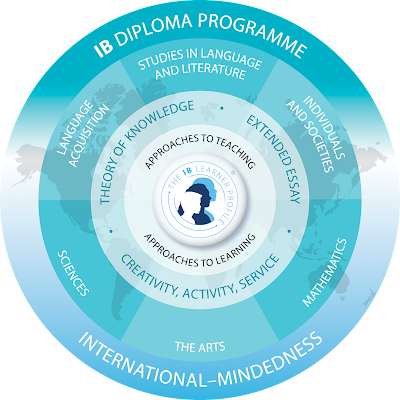
About the Diploma Programme (DP)
Learning Skill Balance
.png)
WHAT DOES DP OFFER STUDENTS
Through the DP, schools are able to develop students who:
- Have excellent breadth and depth of knowledge
- Flourish physically, intellectually, emotionally and ethically
- Study at least two languages
- Excel in traditional academic subjects
- Explore the nature of knowledge through the programme’s unique theory of knowledge course.
THE CURRICULUM
The International Baccalaureate® (IB) Diploma Programme (DP) curriculum sets out the requirements for study of the DP.
The curriculum is made up of the DP core and Six subject groups.
Made up of the three required components, the DP core aims to broaden students’educational experience and challenge them to apply their knowledge and skills.
The three core elements are:
1. Theory of knowledge, in which students reflect on the nature of knowledge and on how we know what we claim to know.
2. The extended essay, which is an independent, self-directed piece of research, finishing with a 4,000-word paper.
3. Creativity, activity, service, in which students complete a project related to those three concepts.
SIX SUBJECT GROUP
- 1. Studies in language and literature
- 2. Language acquisition
- 3. Individuals and societies
- 4. Sciences
- 5. Mathematics
- 6. The arts
There are different courses within each subject group. Almost all the courses that will be shown later have two levels.
- . Standard Level (SL) and
- . Higher Level (HL)
The difference between the both is the amount of content covered. SL topics are covered within 150 teaching hours and HL topics are completed in 240 teaching hours.
DP SCORING
The DP total score is out of 45.
| Subject | Points per subject | Total points |
|---|---|---|
| 6 Subjects | 7 Points | 42 Points |
| Core Subjects (ToK plus EE) plus CAS | 3 Points |
CHOOSING SUBJECTS
Students choose courses from the following subject groups: studies in language and literature; language acquisition; individuals and societies; sciences; mathematics; and the arts.
Students may opt to study an additional sciences, individuals and societies, or languages course, instead of a course in the arts.
Students will take some subjects at higher level (HL) and some at standard level (SL). HL and SL courses differ in scope but are measured according to the same grade descriptors, with students expected to demonstrate a greater body of knowledge, understanding and skills at higher level.
Each student takes at least three (but not more than four) subjects at higher level, and the remaining at standard level.
Subjects we are offering
| Group 1 Studies in Language & Literature | Group 2 Language Acquisition | Group 3 Individuals & Societies | Group 4 Sciences | Group 5 Mathematics | Group 6 The Arts |
|---|---|---|---|---|---|
|
|
|
|
|
|

